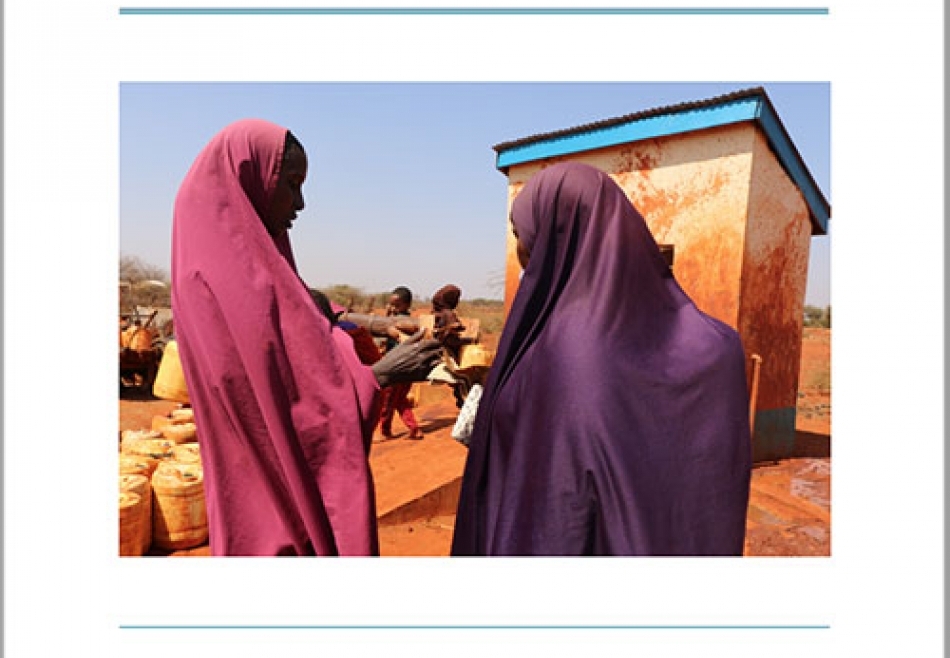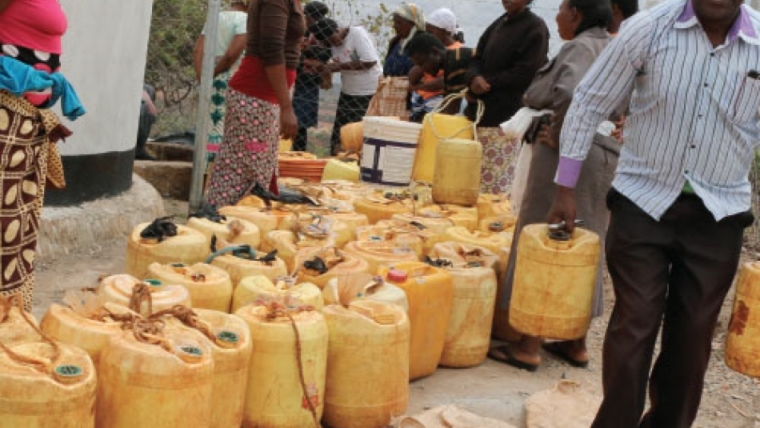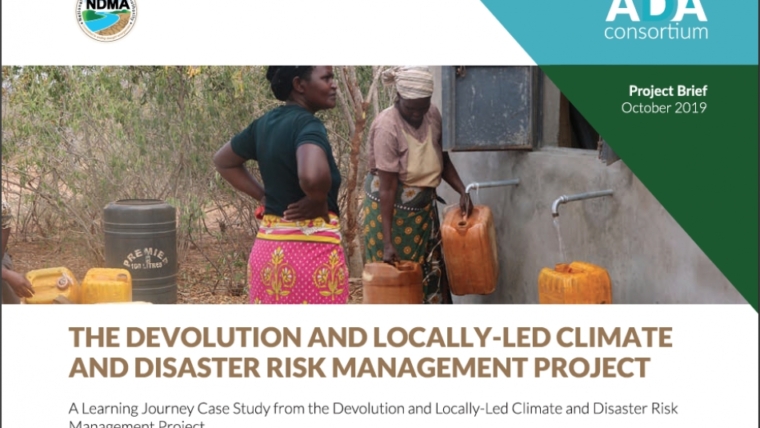The Constitution of Kenya (CoK) 2010 profoundly encourages transparency and accountability in governance with signature emphasis on bottom-up approach and bestowing immense powers on the citizens on holding duty bearers accountable through various progressive provisions. Devolution particularly embodies the transformative CoK 2010’s bottom-up approach of governance in Kenya. Through devolution, a number of milestones have been realized and lives transformed especially in the marginalized regions like Northern parts of Kenya hitherto promulgation of the constitution.
Despite notable devolution milestones, corruption remains one of the greatest threats towards realization of the promise of devolution (TI-Kenya; 2014&2015). Social accountability mechanisms are very key tools that citizens can use in performing their oversight function for efficient and effective service delivery. Section 24 of The Climate Change Act 2016, provides for Public engagement and the climate change Council is mandated to prepare and publish a public engagement strategy after every twelve months.
The strategy should set out the steps that it intends to take to inform the public about climate change action plans and encourage the public to contribute to the achievement of the objectives of those action plans. The act Provides for the public engagement strategy to identify actions which the public may take to contribute to the achievement of the purposes.Through the Climate Change Act, 2016 mandates all the County Governments powers to mainstream all climate change actions in the various sectors.
In performance of its functions, a county Government shall integrate and mainstream climate change actions, interventions and duties set out in this Act, and the National Climate Change Action Plan into various sectors. The Counties are the required to report on climate actions to the County Assemblies then to the Ministry/Council and the National Assembly to highlight the accountability mechanism. The Climate Change Fund thereby established as a financing mechanism for priority climate change actions and interventions approved by climate change Council. The Fund is vested in the National Treasury and monies appropriated from the Consolidated Fund by an Act of Parliament.
Kenya being a developing nation whose economy depends on climate sensitive natural resources, and due to her geographic positioning, all her sectors are vulnerable to climate change and its impacts. Although Kenya having become middle income country, climate change challenges increases the cost of development. Growth in all sectors have to take a low carbon, climate resilient development pathway. To achieve this, Kenyan actors need to access appropriate cutting edge technology, build capacity of its institutions and actors, as well as facilitate access to financing to enable various actors play their respective roles.
These require additional funding over and above the normal development agenda. Cognizant of the importance of social accountability mechanisms in the implementation of Climate Funds, Adaptation Consortium (ADA) has commissioned a review of relevant social accountability mechanisms through this report with a view of exploring opportunities for strengthening the County Climate Change Funds governance for effective utilization of the resources through citizen-led initiatives.
The Report therefore details a brief about the project, review of the social accountability mechanisms providing both threats and opportunities of various tools in reference to various stakeholders. The report also identifies a number of good practices from ongoing work of ADA as well as from other parts of the World for replication.



